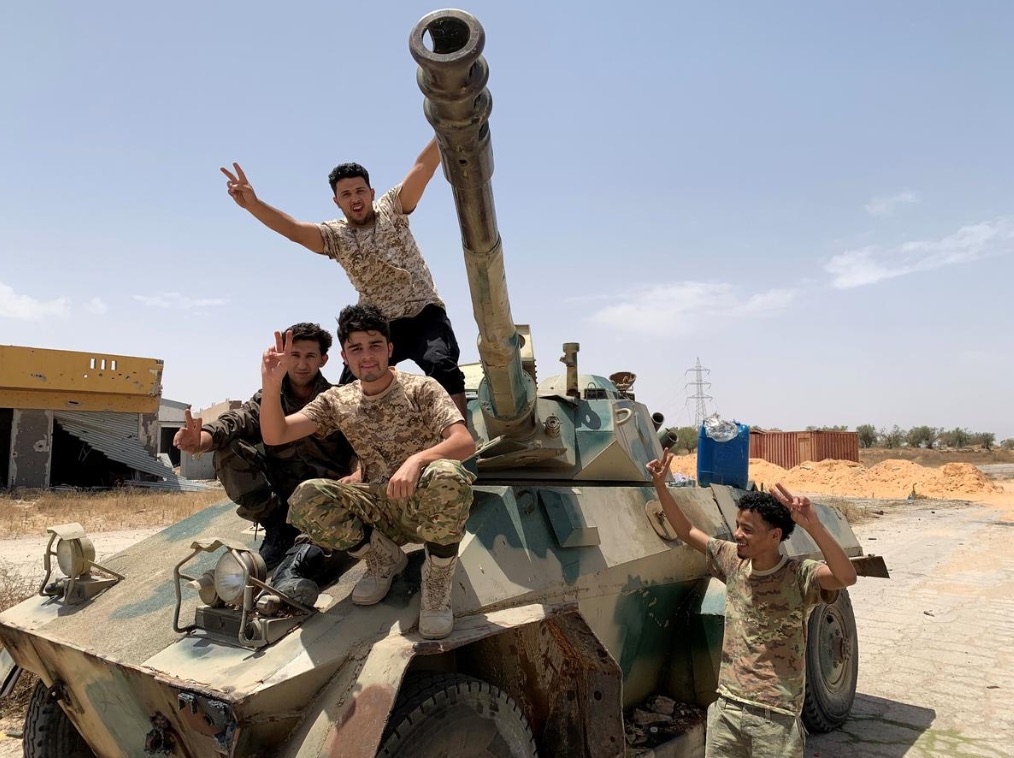
Egypt currently faces two major challenges. The first, which is existential, is related to the issue of water rights and to Ethiopia’s insistence on completing construction on the Grand Ethiopian Renaissance Dam (GERD) with no regard to Egypt’s “right to life.” The second challenge relates to borders, and to the threat to Egypt’s national security posed by the terrorist militias in Libya that are backed by Turkey.
President Abdel Fattah al-Sisi’s recent speech sparked lively discussion (most of which does not appear in the media) among a large number of Egyptian people, discussion that is far from the calls for war that some have made, knowing that they will not pay the price of their warmongering.
One side was supportive of the speech, while another posed the question: Will Egypt give priority to Libya over Ethiopia? Will the tough language the president used with Libya’s Government of National Accord (GNA) result in a misplaced arrangement of Egyptian priorities?
I do not think that the only priority should be to confront the threats of Turkish President Recep Tayyip Erdogan and extremist groups, while ignoring the existential issue of the Renaissance Dam.
Egypt’s tougher stance toward Libya likely aims to influence Ethiopia, part of a strategic vision. This may be the case, provided that Egypt is not involved in a comprehensive long-term war with Turkey — which is something we do not expect in any case — and that the limit of Egyptian intervention remains the cities of Sirte and al-Jafra, which Turkey wants to invade in order to control eastern Libya’s Oil Crescent region.
Sisi’s speech was not a declaration of war on Turkey, nor would it mean controlling Libya. Rather, it was an attempt to establish new red lines that are based on the support of regional and international parties for both sides of the conflict in Libya without direct intervention.
Turkey changed the rules of the game when it brought terrorist militias from Syria to Libya, when it sought to establish military bases in Libya (despite all North African countries’ struggle for independence and an end to foreign bases), and finally, when it began speaking about occupying areas in eastern Libya that are rich in oil and natural gas.
If Egypt is successful in stopping Turkish penetration into Libya without significant losses or getting involved in an all-out war, the result will be a message of deterrence for Ethiopia, especially since many major countries, such as Russia and France, want to limit Erdogan’s influence in Libya. Even America wants to limit his presence and influence. And Italy — which Turkey tried to draw to its cause — will not deal with Turkey if doing so comes at the expense of its relationship with the European Union.
Some of these countries will support any Egyptian military intervention in Libya — which should in any case be limited. The same countries, however, will not welcome any Egyptian military action, even if limited, against Ethiopia. Other countries, meanwhile, will not oppose Egyptian incursion into Ethiopia.
Egypt’s role is to make these countries understand the correctness of its choices and its efficiency, whether via the effectiveness of its limited military intervention in Libya or via its intensive diplomatic and political moves to push Ethiopia to review its position on the severe damage the GERD poses to Egypt’s existential water interests, and to understand the use of force in the event that all political solutions fail.
___
Image: Fighters loyal to Libya’s internationally recognized government celebrate after regaining control over the city, in Tripoli, Libya, June 4, 2020. (REUTERS/STAFF)




